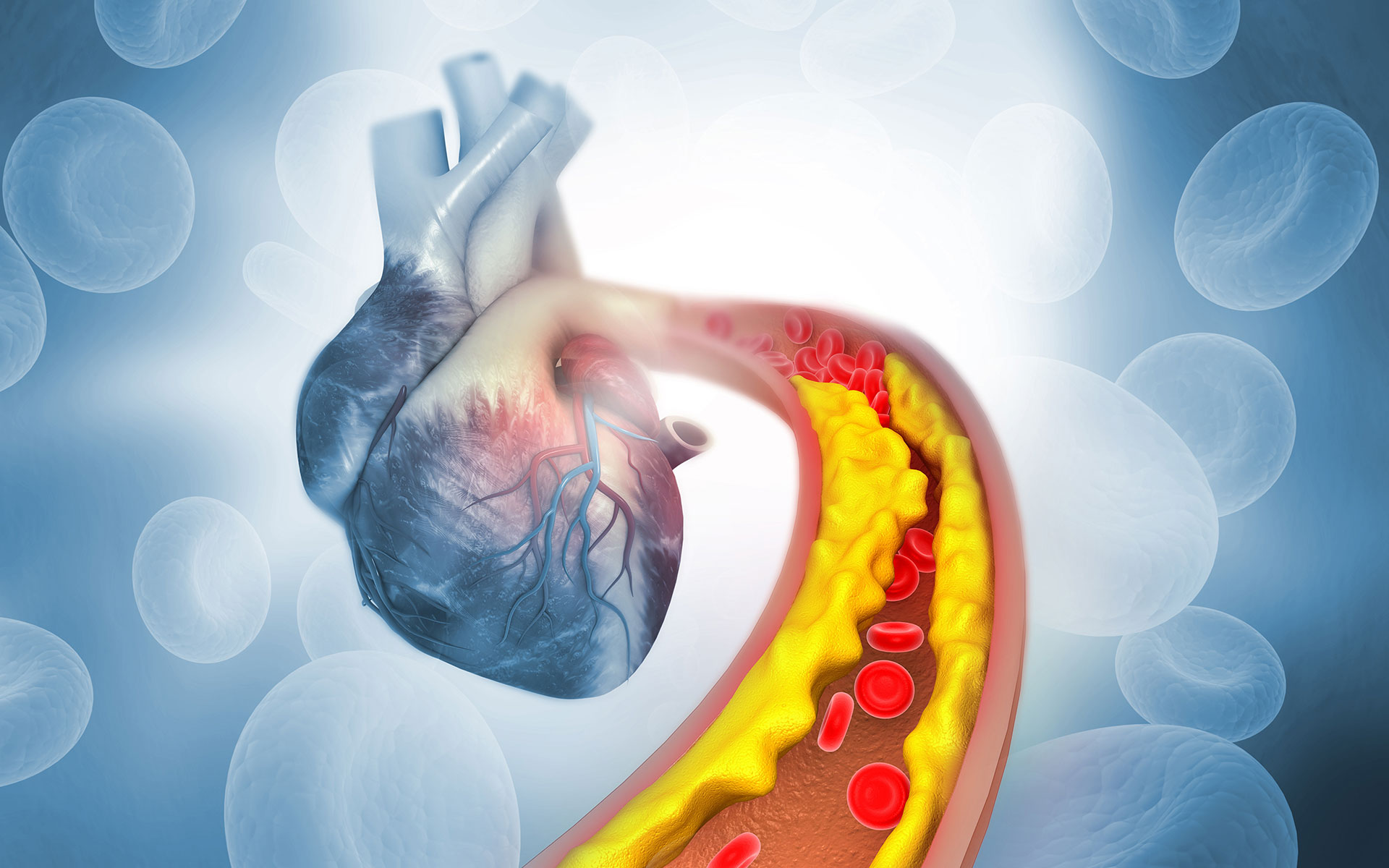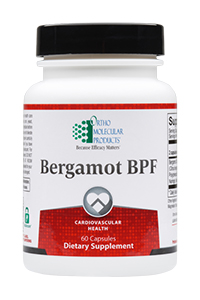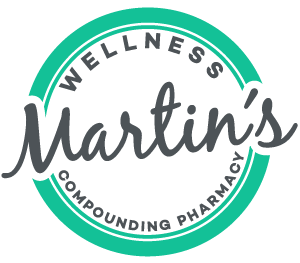Cholesterol Basics

What Causes High Cholesterol?
Throughout our lives, the human liver produces an abundant amount of cholesterol, an important lipid used by the body for various purposes. Lipids are an important part of living cells, characterized by their solubility in fat solvents such as alcohol, ether, or chloroform, but not in water. They can take the form of a group of fats, oils, hormones, or other similar fat-like substances.
A large portion of a cell's membrane wall is composed of cholesterol. The adrenal glands use cholesterol to make cortical-type steroids, which are, in part, the body's anti-inflammatories. Over time, cholesterol builds up in the lining of the vascular system and throughout other tissues of the body. This build-up is known as plaque.
In order to understand why this happens, we need to understand what inflammation (or acidosis) is, and what the role of steroids in the body is.
Inflammation in the Body
Inflammation can be described in terms of the body being on fire. This fire can be a small contained flame, or it can become a raging blaze. Inflammations of this kind are a product of acidosis caused by what we ingest, breathe in, or even put on our skin. It can also be caused by what we think and how we feel.
Disease caused by inflammation is often named as an "-itis." Organs or systems of organs in which the inflammation is occurring determine what kind of "-itis" it is. An example of this is arthritis, which is inflammation of the joints. These types of diseases are treated by the allopathic medical community with steroid shots such as cortisone, prednisone, or the like.

Our adrenal glands use cholesterol to make cortical-steroids. When the adrenal glands are weak or underactive in the tissue that produces these steroids, the body cannot defend itself adequately against this strong inflammation.
If the body is lacking adequate steroids, it has to use water and electrolytes in an attempt to manage this fire. However, water and electrolytes also cause edema (swelling) in the area of inflammation.
All of these anti-inflammatory actions and compounds used by the body are essential to the protection of the cell against the highly damaging effects of acids. The creation of plaque occurs naturally, chemically, in an acidic environment. Alkalization is an essential process that can support the removal of plaque.
There are many genetic and lifestyle factors that occur over time and create cholesterol imbalances within the body. Managing high cholesterol levels with drugs having impactful side effects can be a tricky proposition. Due to this, it is very important to be familiar with effective and well-studied alternatives to mainstream approaches in this respect.
Bergamot BPF from Ortho Molecular
Bergamot Bioactive Polyphenolic Fractions (BPF) is a powerful supplement formula that consists of potent cholesterol-balancing and cardio-protective polyphenolic flavonoids. Studies have shown that BPF supports the maintenance of healthy total cholesterol (TC), high-density lipoprotein (HDL), low-density lipoprotein (LDL), very-low-density lipoprotein (VLDL) as well as triglyceride (TRI) levels.
Additionally, clinical trials have proven that BPF has strong antioxidant-balancing properties and is important for the maintenance of normal inflammatory balance that can help preserve coronary arteries.

Bergamot BPF by Ortho Molecular Products
As such, it is highly efficient for long term maintenance of optimal blood pressure levels, as well as for reduction of risk factors for heart attack or stroke.
Be Well,
Edwin Dossman
